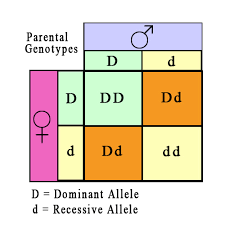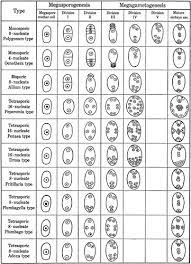Vernalization- Definition, Mechanism, Technique, Devernalization, Practical Application
Vernalization
Definition:
Vernalization (Vernal – Spring Like) Besides photoperiod certain plants require a low temperature exposure in their earlier stages for flowering. Many species of biennials and perennials are induced to flower by low temperature exposure (0⁰C to 5⁰C). This process is called Vernalization. The term Vernalization was first used by T. D. Lysenko (1938).
Mechanism of Vernalization:
Two main theories to explain the mechanism of vernalization
are:
i. Hypothesis of phasic development
ii. Hypothesis of hormonal involvement
i. Hypothesis of phasic development:
According to Lysenko, development of an annual seed plant
consists of two phases. First phase is thermostage, which is vegetative phase
requiring low temperature and suitable moisture. Next phase is photo stage
which requires high temperature for synthesis of florigen (flowering hormone).
ii. Hypothesis of hormonal involvement:
According to Purvis (1961), formation of a substance A from
its precursor, is converted into B after chilling. The substance B is unstable.
At suitable temperature B is converted into stable compound D called Vernalin.
Vernalin is converted to F (Florigen). Florigen induces flower formation. At
high temperature B is converted to C and devernalization occurs.
Technique of Vernalization:
The seeds are first soaked in water and allowed to germinate
at 10⁰C
to 12⁰C.
Then seeds are transferred to low temperature (3⁰C to 5⁰C) from few days to 30 days.
Germinated seeds after this treatment are allowed to dry and then sown. The
plants will show quick flowering when compared to untreated control plants.
Devernalization:
Reversal of the effect of vernalization is called devernalization.
Practical applications:
1. Vernalization shortens the vegetative period and induces
the plant to flower earlier.
2. It increases the cold resistance of the plants.
3. It increases the resistance of plants to fungal disease.
4. Plant breeding can be accelerated.





Comments